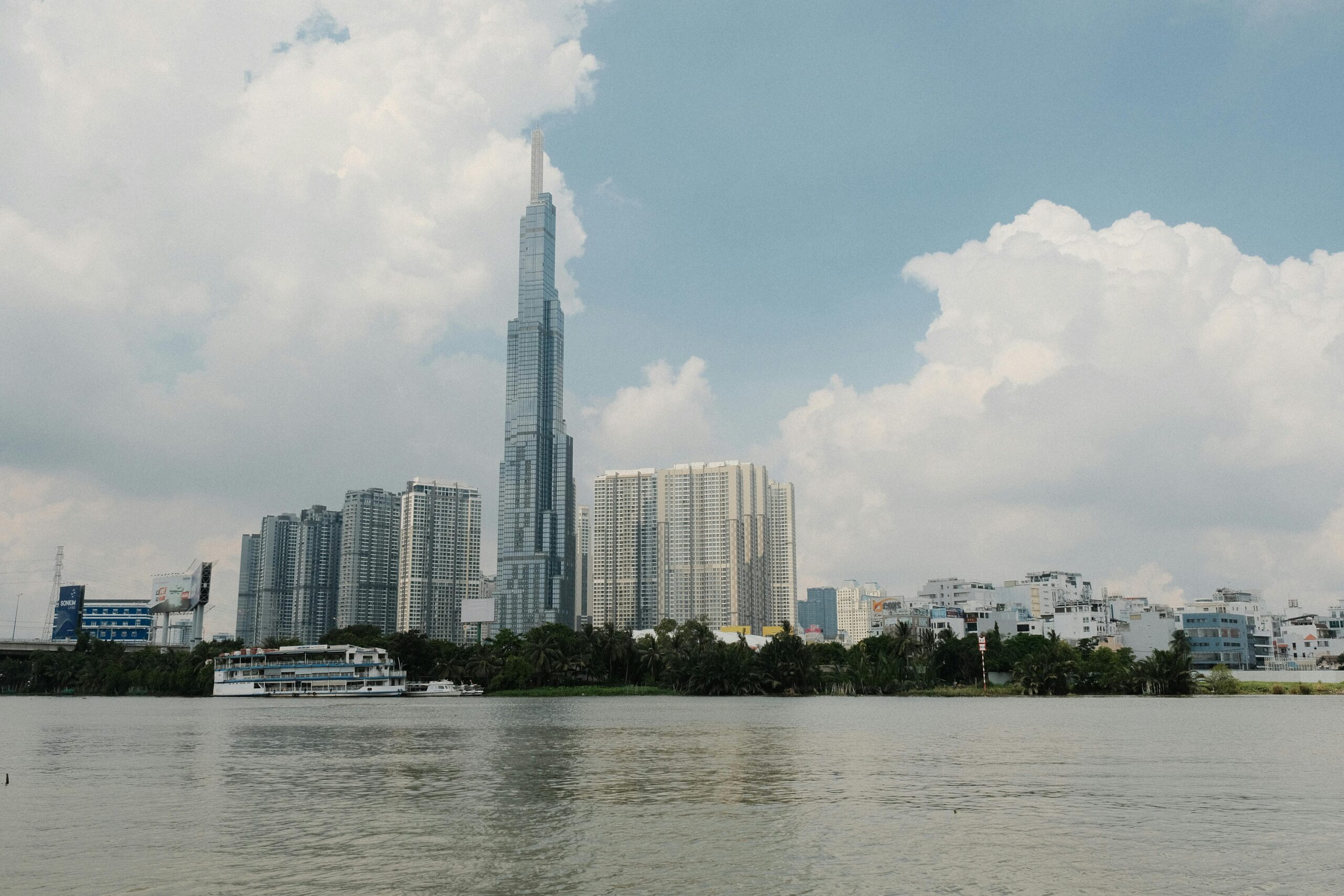
Is the S&P 500 Halal? A Guide for Muslim Investors
26 August 2025 7 min read


Adil Hussain
Head of Content
4 min read
Last updated on:
The stock and crypto markets have taken a hammering in recent weeks. In times like these, having a diversified portfolio can help you sleep better at night.
One asset class that has quietly created great wealth? Commercial real estate.
Some of the world’s wealthiest individuals (like Sir Alan Sugar and Donald Bren) and institutions such as Blackstone and sovereign wealth funds are making fortunes through commercial property.
Yet, many Muslim investors remain overly focused on residential property, missing out on the diversification and higher returns that commercial real estate (CRE) can offer.
We get it as residential real estate feels familiar. You buy a house, rent it out to someone else that wants to live there, and earn income. But while that’s a solid strategy, it’s not the only way to grow your wealth through property.
Commercial real estate (CRE) refers to properties primarily used for business purposes, such as:
Compared to residential real estate, CRE can provide:
Yes, commercial real estate (CRE) can be halal, provided you structure it correctly. Here’s what you need to watch out for:
The biggest pitfall is conventional interest-based financing. If you’re using any financing with interest/riba, that’s a no-go from a shariah perspective.
Instead you’ll need to either purchase the asset outright or use a shariah-compliant structure, such as diminishing musharakah, ijara (leasing), or other Islamic financing models. The key is avoiding interest and ensuring the transaction is grounded in real assets and risk-sharing.
The next filter is your tenant. You should be leasing to shariah compliant businesses such as companies involved in healthcare, education, logistics, offices, or halal retail for example.
Industries involved in obvious sins such as alcohol, gambling, conventional banking, or other haram industries should be avoided.
Although we should say there is some debate around this and Mufti Faraz Adam (our resident scholar) has shared an alternative view from Mufti Ebrahim Desai that according to Imam Abu Hanifa رحمه الله renting out the property [to non-compliant businesses] is permissible. What the tenant uses the property for is his act (and responsibility, not the landlord’s).
However the other 3 Imams deem this as impermissible. For more on this, you can check out Mufti Faraz’s full analysis via our fatwa forum.
That being said, the formula is simple: shariah-compliant financing + halal tenants = a CRE investment that ticks the Islamic finance boxes.
Since the pandemic and the rise of work-from-home mandates, commercial real estate (CRE) has taken a hammering. Empty office blocks, struggling high street retailers, and uncertainty around future demand have left parts of the market reeling.
However, it’s a mixed picture. While some sectors have suffered, others have quietly thrived. Sectors such as logistics (think warehouses and distribution centers) and life sciences (lab spaces, medical facilities) have all seen strong demand and investor interest.
So, is it a good time to invest? Yes, but selectively.
So if you wanted to invest in CRE, what options do you have?
Buying a commercial property outright allows you to maintain full control over your investment. However, this requires significant capital and comes with direct management responsibilities.
Real Estate Investment Trusts (REITs) are companies that own and manage property on behalf of shareholders.
This can be a great option for those who want exposure to commercial real estate without the complexities of direct ownership. However it can be tricky finding a shariah-compliant option that is also accessible.
This strategy focuses on investing in high-quality, income-generating healthcare properties, leased to trusted operators with rental income largely backed by the NHS.
After securing land for three NHS-backed GP practices last year, we’re now launching Series 2, offering investors a unique opportunity to co-invest in a prime NHS-backed Primary Care Asset in London. You can learn more here.
For Muslim investors seeking diversification beyond residential buy-to-lets or volatile equities, halal commercial real estate offers a compelling alternative. Whether you’re looking for stable, long-term rental income or want to participate in the growing demand for hot sectors of the commercial property market, there are shariah-compliant strategies available to suit different risk profiles and investment goals.
For more insights on halal property investing, check out our in-depth guide here.

26 August 2025 7 min read

24 July 2025 15 min read

16 July 2025 5 min read
Leave a Reply